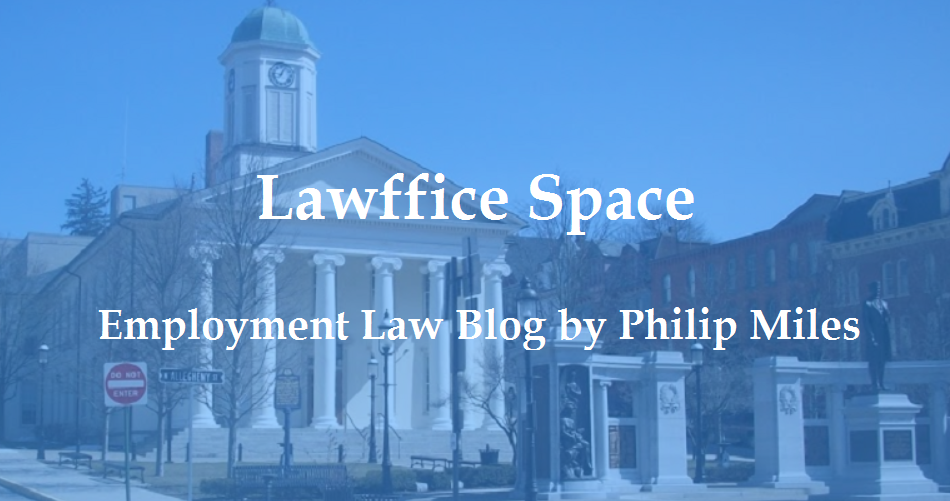- Employer and employee enter into an arbitration agreement that provides that an arbitrator (not a federal district court) will decide the enforceability of the agreement.
- Dispute arises - employee alleges employment-discrimination and files a claim in federal district court.
- Employer files a motion to compel arbitration under the agreement.
- Employee says the agreement is "clearly unenforceable in that it is unconscionable."
Without boring you with the gory Federal Arbitration Act (FAA) details, let's cut to the holding. It's a two-parter with a subtle distinction:
If a party challenges the validity . . . of the precise agreement to arbitrate at issue, the federal court must consider the challenge before ordering compliance with that agreement.Example: If the clause mandating that enforceability of the agreement be determined by an arbitrator was itself entered into via fraud in the inducement - then the Court decides. However,
if a party challenges the enforceability of the agreement as a whole, the challenge is for the arbitrator.Get it? Challenge to the enforceability of the agreement to arbitrate enforceability -> Court. Challenge to agreement as a whole -> arbitrator.
For previous Lawffice Space coverage of this case, see: Arbitrability of Arbitrability Determination Under Arbitration Act Hits SCOTUS, and Arbitration Agreement Unconscionability Determination Hits SCOTUS.
Posted by Philip Miles, an employment lawyer with McQuaide Blasko in State College, Pennsylvania.

No comments:
Post a Comment